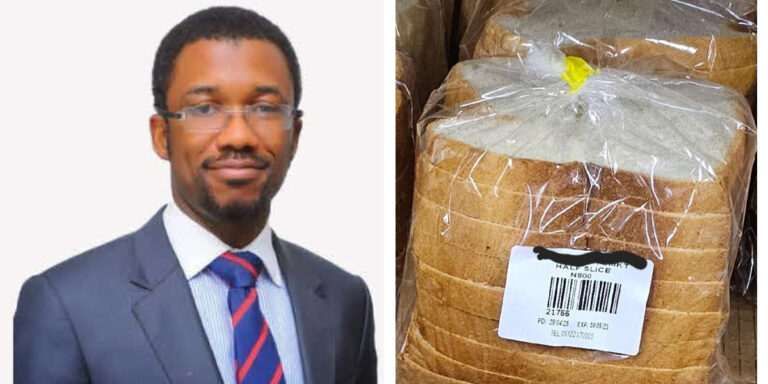
In order to improve rural road infrastructure and agricultural marketing throughout the federation, the Federal Government is asking the World Bank for a $500 million loan.
The fund, according to the international lender, is anticipated to address the urgent need for improved connectivity in rural Nigeria, where 92 million people do not currently have access to decent roads.
The Federal Ministry of Agriculture and Rural Development’s final draft of the Resettlement Policy Framework for the Nigeria Rural Access and Agricultural Marketing Project Scale-UP included this request.
The goal of the RAAMP-SU project is to increase climate resilience and rural access, which will increase agricultural potential and agrarian communities’ marketing opportunities. This will therefore help the people living in rural areas to have better quality of life.
THE ROUND TABLE: FG Warns Of Mass Sacking Should ‘Unrealistic Minimum Wage’ Happen0.00 / 0.00
The project’s objectives include improving rural access and climate resilience of communities in served rural areas, strengthening institutional capacity for rural road network management, and fortifying the financial and institutional foundations for sustainable management of both rural and state road networks.
The RAAMP-SU initiative is an extension of the earlier Rural Access and Agricultural Marketing Project, supported by the World Bank and the French Development Agency. The project is led by the Federal Department of Rural Development within the Federal Ministry of Agriculture and Rural Development, with oversight by the Federal Project Management Unit.
According to the policy document, Nigeria has a reasonably large road network, with about 194,000 kilometers of roads. This comprises 130,000 km of registered rural roads, 30,000 km of state roads, and 34,000 km of federal roads. In terms of numbers per square kilometer, the road density is approximately 0.21 kilometers.
“Despite this relatively high road density, the rural accessibility index for Nigeria (defined as the proportion of the rural population residing within 2 kilometres of an all-weather road) stands at a mere 25.5 per cent, resulting in approximately 92 million rural inhabitants lacking connectivity.
“In areas where the economically disadvantaged are heavily concentrated, access to rural areas is particularly restricted.” These elements emphasize how important it is to preserve rural road and transportation resources while also growing and improving the network of rural roads.
The RAAMP-SU project is expected to cost $600 million in total, of which 83.33% is expected to come from funding provided by the World Bank.
The commitment amount is 79 per cent higher than the initial World Bank commitment amount of $280m for the parent project.
The project will finance three key components, which are the Improvement of Resilient Rural Access ($387m), Climate Resilient Asset Management ($158m), and Institutional Strengthening and Project Management ($55m).
According to the policy document, states willing to participate in the project are required to have a fully functional Roads Fund and Roads Agency with appointed boards and staff, and provisions for administrative costs in the state budget.
The document added “While the eligibility for state participation under RAAMP required the drafting and placement of Road Fund and Roads Agency bills in the State house of assemblies, the new project would require the States to have a fully functional Roads Fund and Roads Agency with appointed boards and staff, and provision for administrative costs made in the state budget. Furthermore, RARAs present a chance to support women’s representation in the transportation industry.
“The funds from the RAAMP-SU will be distributed among the states in a competitive manner, taking into account a refined socioeconomic selection matrix to enhance rural access to basic services and foster food security; the readiness of the activities in terms of design; and the state’s demonstrated commitment to the efficient maintenance of the projected infrastructure, including possible co-financing from their resources.”
The policy framework stipulates that the implementation of resettlement and compensation plans is a prerequisite for project activities that cause resettlement.
In order to guarantee that the required procedures for relocation and compensation are in place prior to any land acquisition or access restriction, compensation and other support are expected to be given before displacement.
Published by Ejoh Caleb






